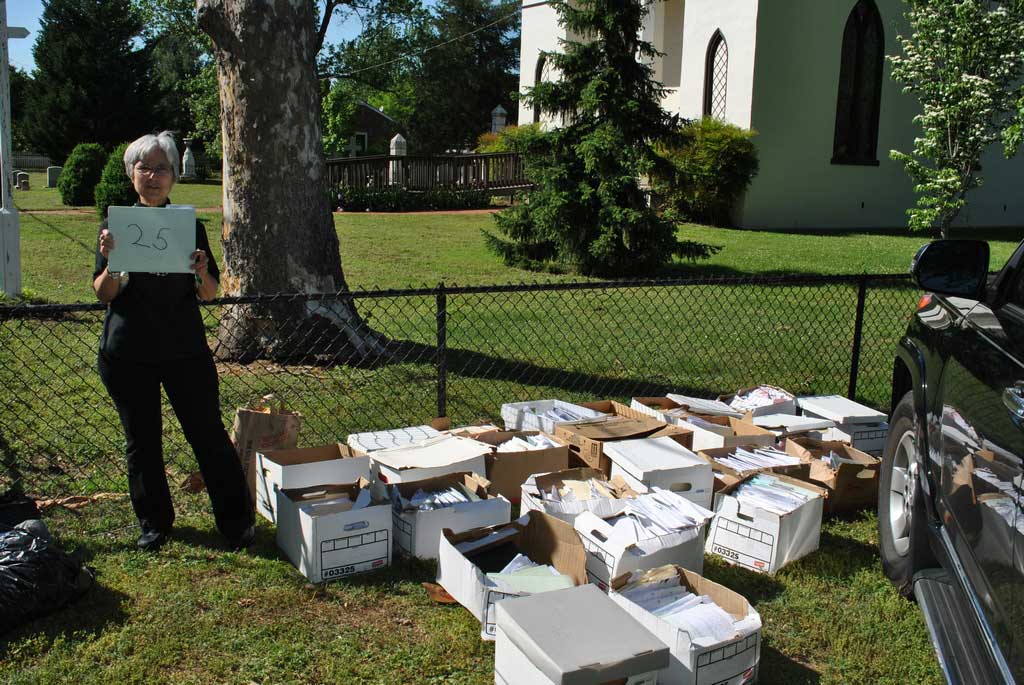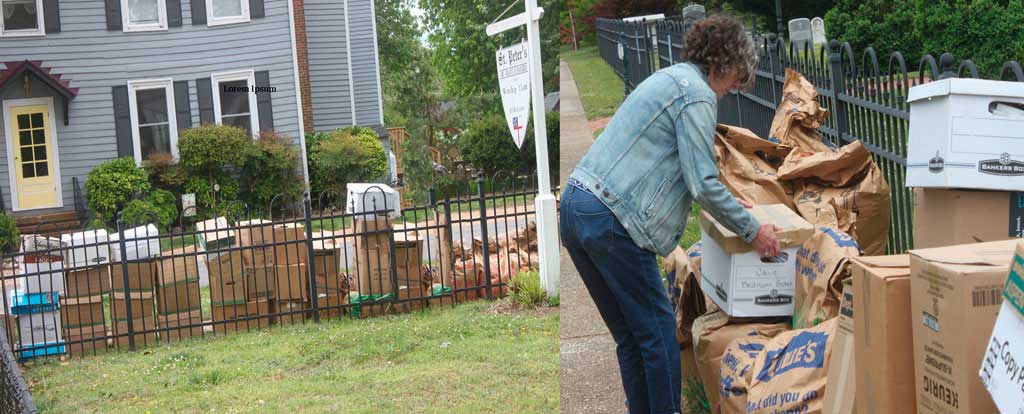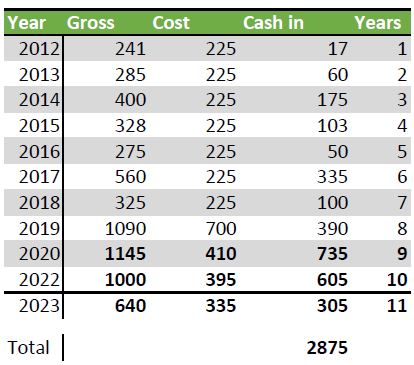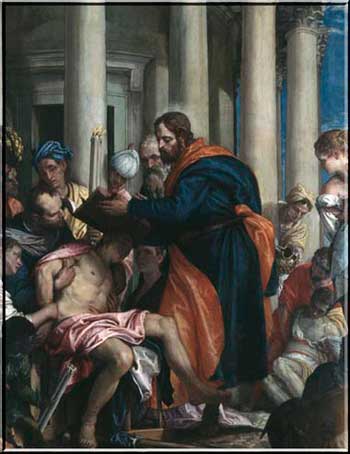We are back to Mark! In May the readings were from the Gospel of John as it explored the effects of the Resurrection, the roles of the disciples and their relationship to Jesus. This month explores the challenges to Jesus with the Pharisees, with the disciples and even from his own family. Jesus is not on the defensive – these stories help enlarge the concept of the Kingdom of God.
June 2 – 2nd Sunday after Pentecost -Mark 2:23-3:6
Sometimes rules and regulations can get in the way of our mission. The connection this week is in the role of the Sabbath. Jesus’ operating principle is that the Sabbath ( and the law and the rituals of holiness) was created for humanity, and not the other way around. ’ In that sense, God is chiefly known as love and the laws and purity rituals are for humanity’s own good. The alternate theology is that for humans have to achieve a certain level of holiness – through following laws or practicing purity rituals – to be acceptable to God. That’s the focus on the Pharisees whose religion had deteriorated into rules, regulations and rituals..
To make His point still further, Jesus goes into the synagogue and brings a man with a withered arm into the middle of the gathering. Then, He asks the simple question – is it against the law to do good on the Sabbath – or to save a life? Needless to say, His critics have no answer. Jesus has an answer – he heals the man. Mark’s description of healings were important – they were signs that the Kingdom of God was at hand








